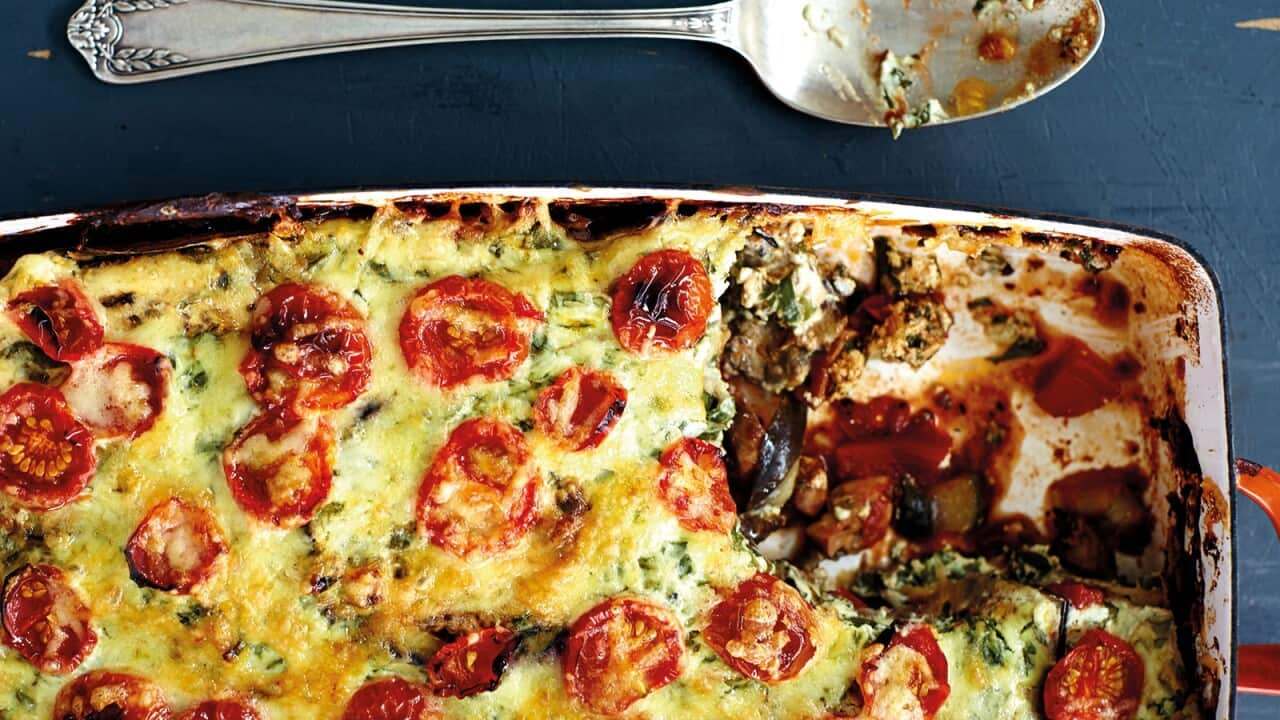A flexitarian is “one whose normally meatless diet occasionally includes meat or fish”. The term, first coined in 1998, describes people who mostly, but don’t always eat vegetarian foods. 
Who’s a flexitarian?
Flexitarians focus on having vegetarian meals, rather than just not eating the meat served as part of a meat-based meal. Consciously reducing meat intake on is the suggested cut-off for being called a flexitarian.
Semi-vegetarians are therefore people who reduce their meat, or eat vegetarian meals, less than three days a week. Pesco-vegetarians also eat fish and other seafood. Ovo-lacto vegetarians but exclude meat, poultry and fish. Vegans only origin. Fruitarians eat mostly fruit but may also eat nuts and seeds. A found women were more likely to have stopped eating meat or reduced meat intake or be considering reducing meat (50%) compared to men (38%).
Possible health benefits of being flexitarian
A found health benefits associated with being flexitarian, including better weight management, lower blood pressure, better metabolic health and lower risk of type 2 diabetes. Discover how easy and delicious meat-free food can be with this .
Discover how easy and delicious meat-free food can be with this .

Source: Cristina Sciarra
One randomised controlled trial looked at the impact of five different plant-based weight-loss diets over six months. Researchers assigned overweight adults to either a vegan, vegetarian, flexitarian or semi-vegetarian, pesco-vegetarian or diet. Those assigned to the vegan diet (losing 7.5 per cent of their starting weight), followed by the vegetarian diet (lost 6.3 per cent), with those in the other groups losing about 3 per cent of starting weight.
A cohort study who are commonly vegetarian, followed them over five years and found that being any type of vegetarian was associated with a lower risk of death (from all causes combined), compared to being a non-vegetarian. Cohort studies cannot prove causation and there may be other reasons why vegetarians have better health. For example Seventh-Day Adventists do not smoke or drink alcohol and usually have a healthy lifestyle.
Interestingly, risk reduction was stronger in men compared to women. When researchers drilled down to look at specific types of vegetarian eating patterns, overall risk of dying was lowest for pesco-vegetarians, followed by vegans, then ovo-lacto vegetarians. It was not significantly different between flexitarian or semi-vegetarians compared to non-vegetarians.
Other groups have looked at cancer risk and found compared with non-vegetarians.
When the type of vegetarian was considered, ovo-lacto vegetarians had a lower risk of cancers of gut, while vegans had a lower overall cancer risk and for female-specific cancers. However another analysis found being any type of vegetarian was not associated with a , although it did approach significance for vegans in the analysis.
For prostate cancer, vegan Caucasian males had a lower risk compared to other vegetarians and non-vegetarians. For bowel cancer , followed by ovo-lacto vegetarians and vegans, with no risk reduction for semi-vegetarians compared to non-vegetarians. Keep in mind that results from these studies in Seventh-Day Adventists may not necessarily apply directly to other populations.
A large study examined in over 200,000 adults from the Health Professionals Follow-up and Nurses Health Studies. The healthiest plant-based diets had the largest amounts of wholegrains, fruit, vegetables, nuts, legumes, vegetable oils, tea and coffee as well as the lowest intakes of fruit juice, sweetened beverages, refined grains, potatoes, sweets, desserts and animal foods. Enjoy a wide range of cuisines on a vegetarian diet, such as this from Morocco.
Enjoy a wide range of cuisines on a vegetarian diet, such as this from Morocco.

Source: Manja Wachsmuth
Those eating the healthiest plant-based food pattern had a 66 per cent lower risk of developing type 2 diabetes compared to those with the worst diets. Interestingly, this was independent of body weight, meaning that the risk reduction was the same no matter how much people weighed.
Another important insight was that those who had “unhealthy” plant-based diets, with high intakes of refined grains, potatoes, sweets, desserts and low intakes of the healthy plant foods had a 16 per cent higher risk of developing type 2 diabetes, irrespective of body weight. This is a really important finding and shows that it is worth the effort to learn how to make healthy (and yummy) vegetarian food, rather than just leaving the meat off your plate.
Meat Free Week and Meat Free Monday
Let , which starts today and runs until 30 September inspire you. Beyond this week, there is to incorporate into your routine. There are lots of [and plenty in our and collections, too.] Meat Free Monday is a not-for-profit campaign launched in 2009 by Paul, Mary and Stella McCartney.
Apart from health, there are many reasons why people choose to cut down their meat intake, or to not eat meat at all. These range from concerns about animal welfare, the environment, cost or world hunger.
Meat Free Monday raises awareness of these issues and encourages people to have at least one meat free day a week to help improve their health. You can sign up for their newsletter on the website.
So whether you want to boost your health, ease pressure on the planet, conserve resources to feed the world, or just enjoy making and eating really interesting food, consider becoming a flexitarian.
, Professor in Nutrition and Dietetics, . This article was originally published on . Read the .






